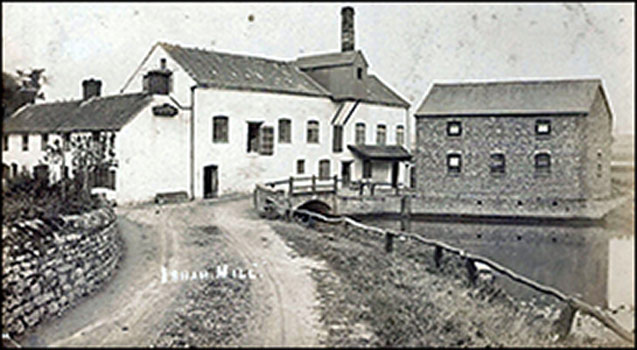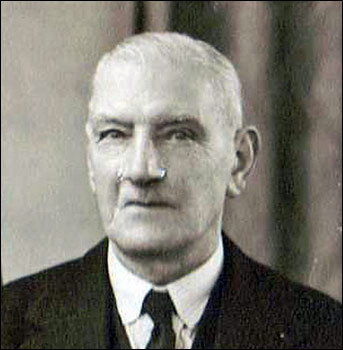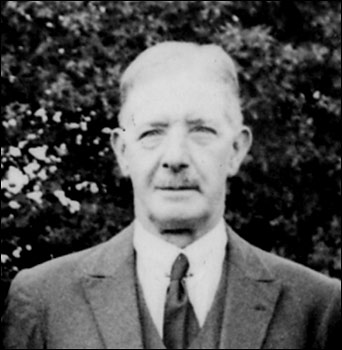|
||||
|
||||
|
"Advertised as a picturesque old stone-built water mill, the mill at Isham was the subject of an action at Wellingborough County Court. Walter Freeman Harwar, property owner, 10, Dulka-road, London S.W.11, sought the rescission of the agreement to purchase the property, repayment of deposit, and damages. Albert Ernest Fox and Henry Whitney, boot manufacturers, Burton Latimer, the owners of the mill, counter-claimed for the specific performance of the agreement. Judgement was reserved in order that his Honour Judge Galbraith may inspect the property. Mr. T. Lewis, counsel instructed by Mr. Mark Lemon, London, for the plaintiff, read the advertisement. He said Harwar paid a deposit of £35 on the purchase price of £350 and signed a memorandum of agreement. If the property had been correctly represented in the particulars of sale the agreement would never had been signed. "WATERLOGGED MEADOW" It was found that, instead of an area of 71/2 acres, there were 21/2, and that a meadow was waterlogged. The mill was a gutted ruin, and the wheel and machinery had been taken out. "APPALLING SWAMP" He thought the words of Charles Dickens in Martin Chuzzlewhit, when Chuzzlewhit had bought land and described it as an "appalling swamp under water," fitted the meadow. A crop of hay could not be taken from it, and cattle could not be put on it. Apple trees were in the last stages of decay. Mr. Lewis asked the Judge to see the property. Harwar said his attention was first called to the property by a newspaper advertisement, appearing in April, 1937. He paid a deposit, and later found that two acres were under water. Mr. Lewis: Did you get substantially what you set out to buy? - Harwar: No Cross-examined by Dr. W. J. H. Cook, counsel for defendants, instructed by Messrs. Lamb and Stringer, Kettering, Harwar denied that a cottage and a building that had been used as a village institute on the property were alone worth £300. "TOOK HIS CHANCE" He denied that a bill was pointed out to him in a London estate agent's office which stated that the mill was disused. Dr. Cook: You didn't expect a first-class mill, did you? I expected a useable mill. Harwar agreed that he took his chance. Albert Ernest Fox said he bought the property in 1920 for £1,150, and the mill was working until four years ago. The meadows were not different from others except one was low. They has not been grazed for a long time. The shafting was taken out and realised £55. There was a substantial warehouse, used as a village institute until four years ago. The spot was considered ideal for leather-dressing. ALLEGED CONVERSATION Hamilton Palmer, a London esate agent, said when Harwar came to see him about purchase he said the place was nothing but a swamp, and he agreed to take a chance. Nothing was said about inspecting the property, he gathered Harwar knew the place. Witness added that he pointed out a bill in his office to Harwar which said the mill was disused. Cross-examined, Palmer said he was not confusing the conversation with one that someone else had taken part in. The Judge said it was a pure question of fact, and he would go and view the property. The truth pobably lay mid-way between the two."
|
||||


